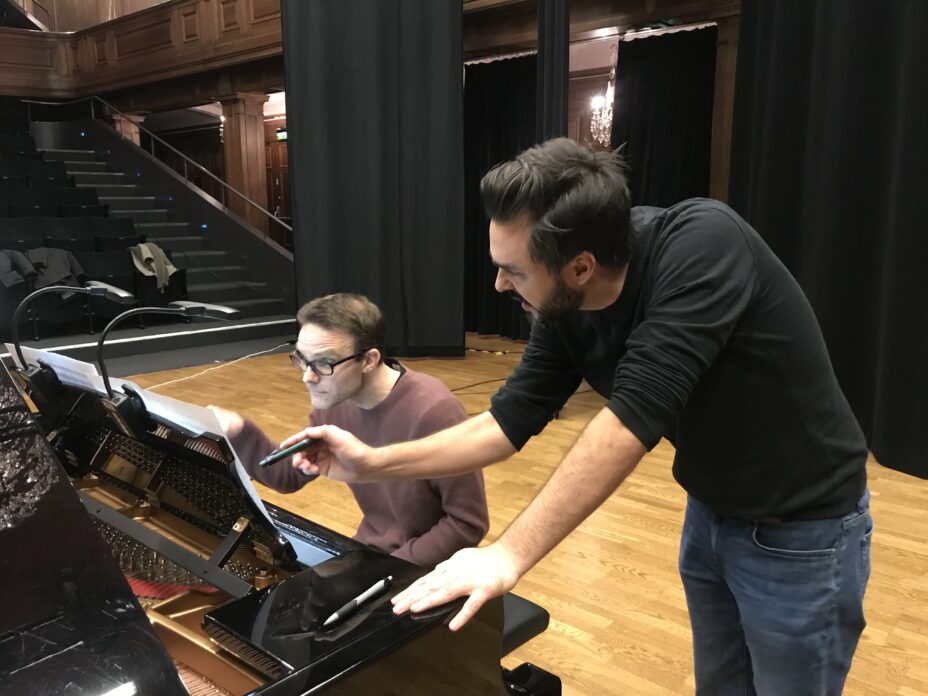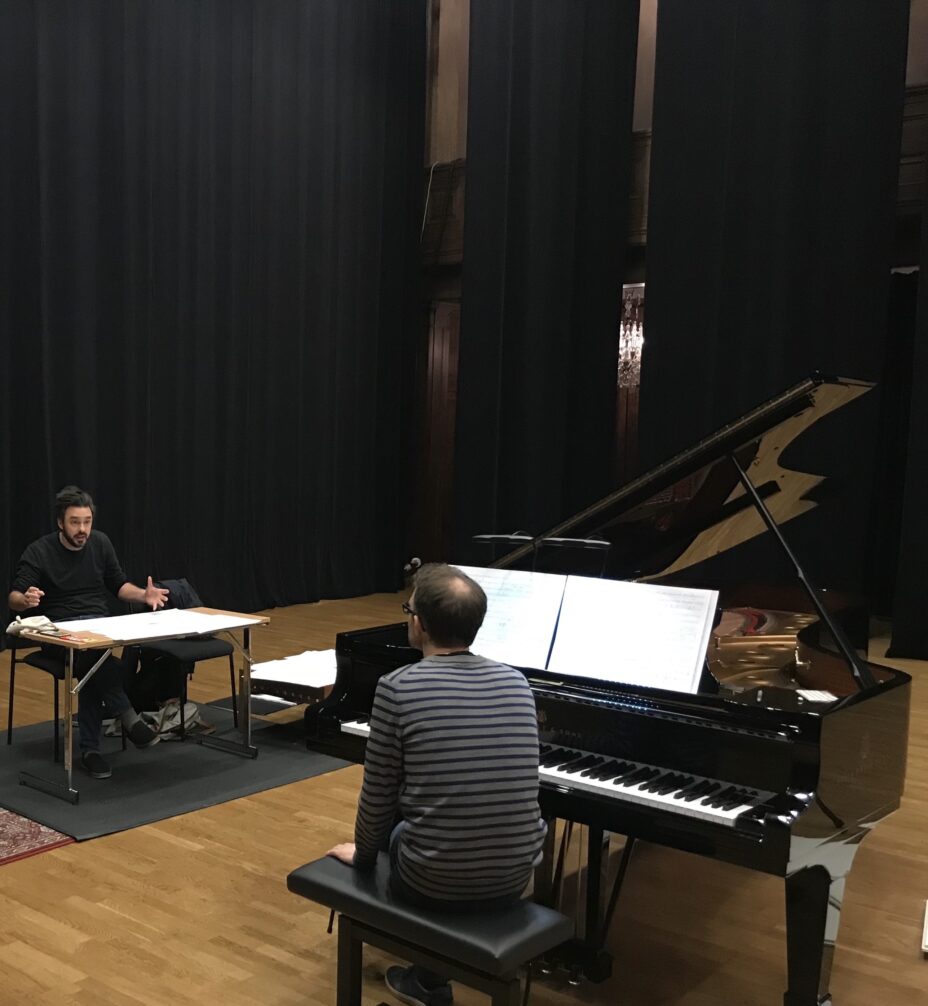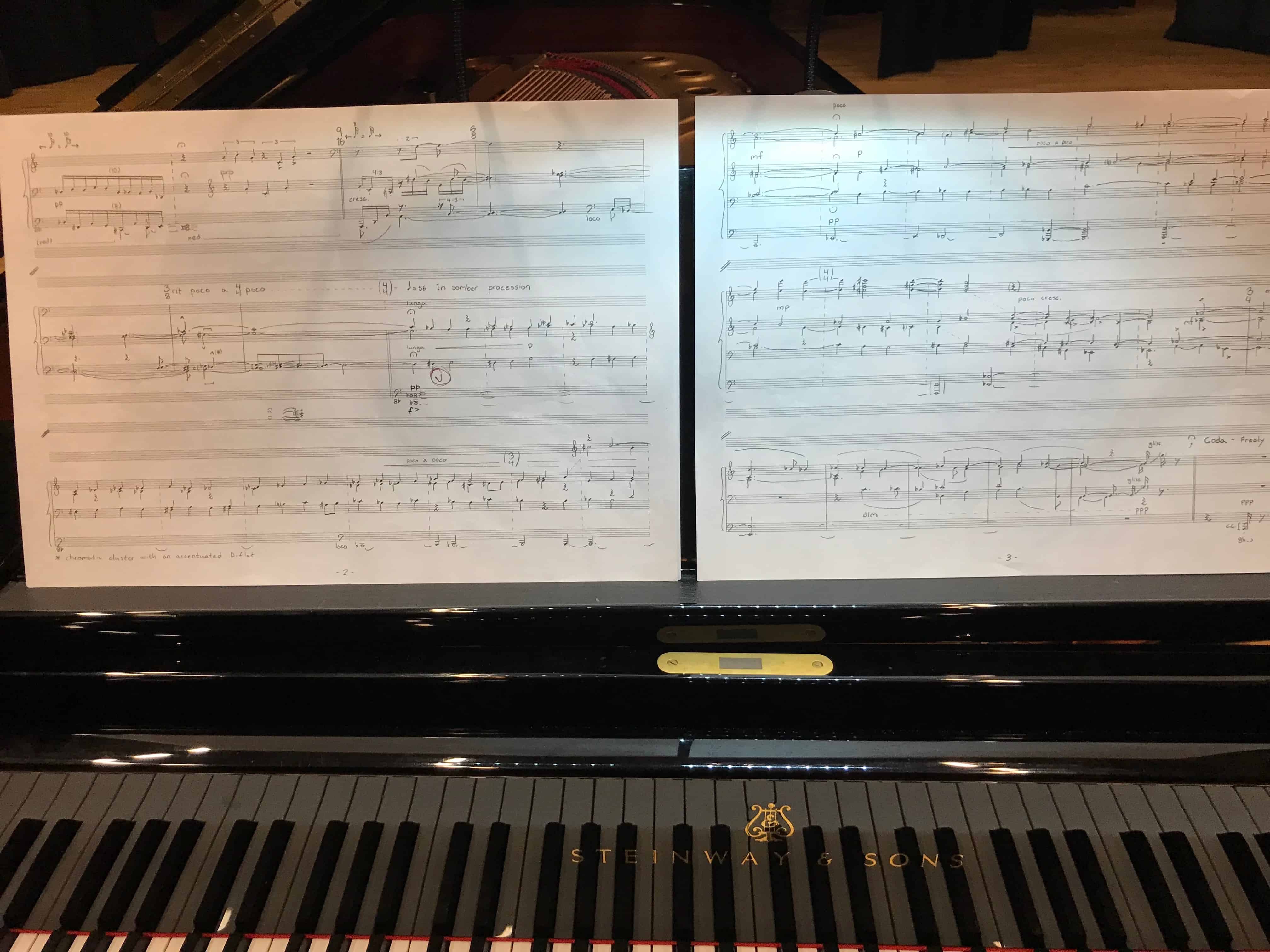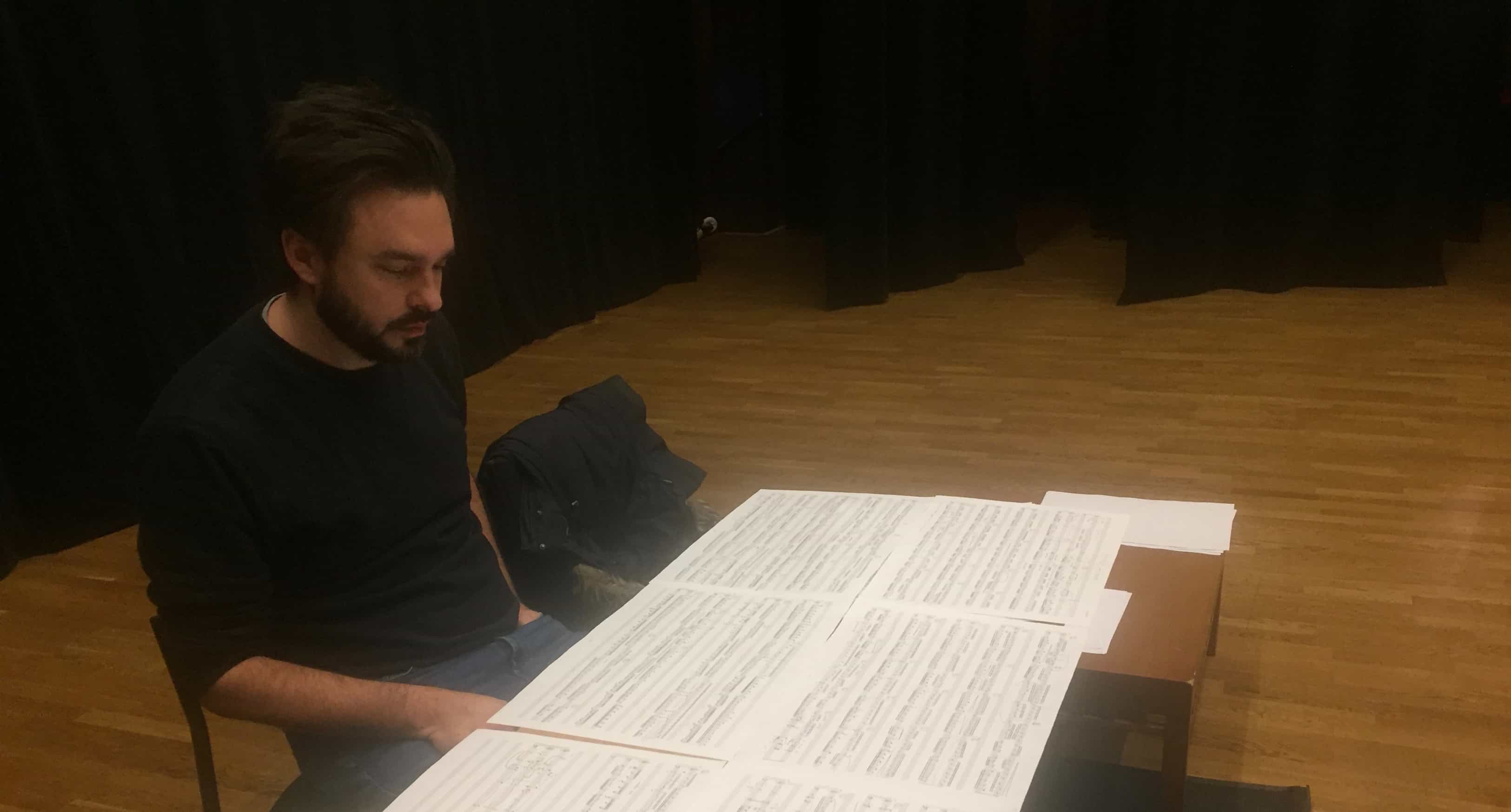
It all began with a strange thought: what if a piece of music should suddenly forget all about itself, with only its name left behind as a single reminder? And what if that piece was Debussy’s Prélude, ’The Girl with the Flaxen Hair’, now eager to recollect itself roughly 100 years after its conception?

These thoughts eventually resulted in a prelude of my own: ’Finding Memory Again’ (No. 7 of Book One of my 24 Preludes Inspired by Debussy). I then decided to continue with the ideas emerging through the process, expanding the scope of it all much further. Since I had now, in a way, started a dialogue between Debussy’s music and my own, I then wanted to learn as much as possible from these ’conversations’, gradually leading up to composing my own set of twelve preludes. Book Two then came about a couple of years later when I remembered how much fun I had had composing the first book. Working around the concept of remembrance really let me run free with my imagination, trying out new ideas for each piece, the goal being not to use the same idea twice.

Perhaps now would be a good time to clarify that I absolutely love Debussy’s piano music, even though I have, in a way, been tearing it apart for my own enjoyment. In that sense I am just like a child playing with – and breaking – what I enjoy the most. But in order to rediscover, one has to forget, and this suite of preludes is all about remembrance, all about playing with the concept of time, history and memory – just for the fun of it! As in: what if the past is not restricted to being something set, something finished – then maybe it can also be coerced into a state of constant movement, of change and uncertainty? Forced to it by the never-ending influence of the present exerted on our memories, their content, and thereby also their meaning?
’All that we know is inextricably linked with loss and forgetfulness. And what knowledge conquers is pitifully little in contrast to what it surrenders. One might even suspect it a fugitive; why else would it scorch the ground it leaves behind.’
– Karl Ove Knausgård, A Time for Everything
translated by Martin Skafte


